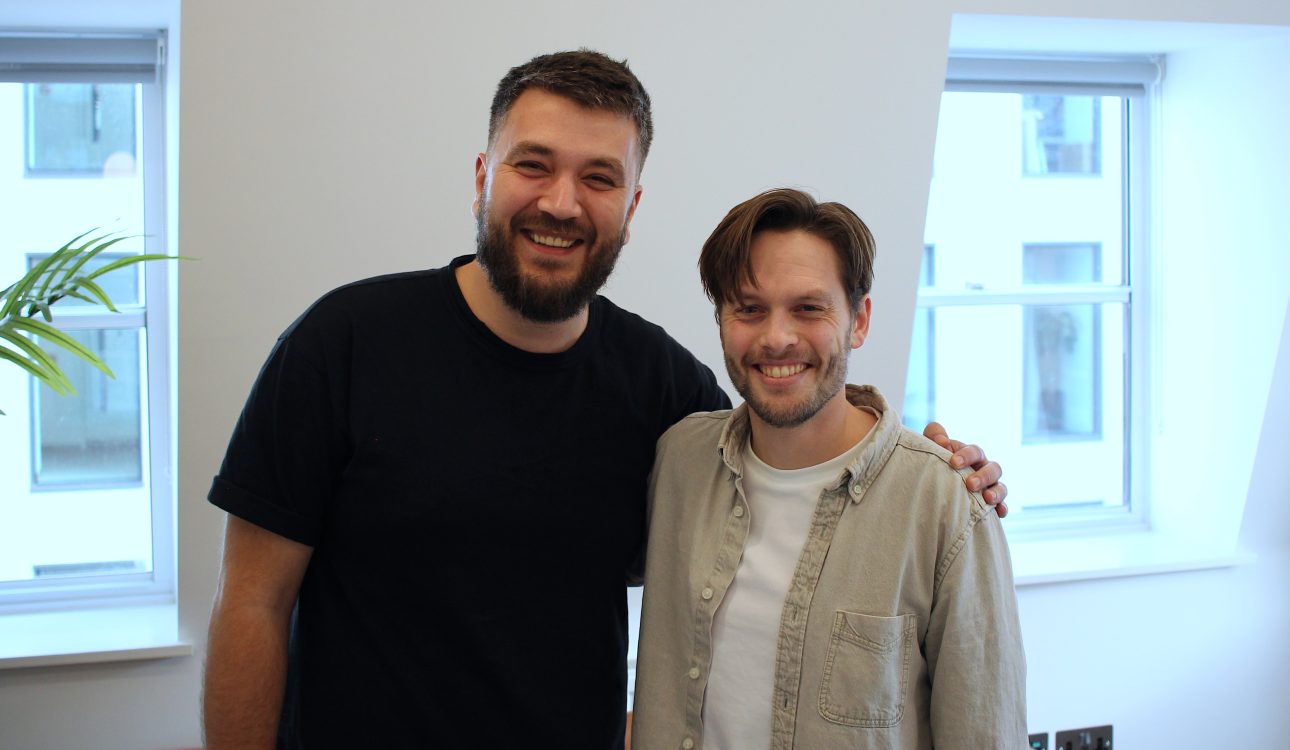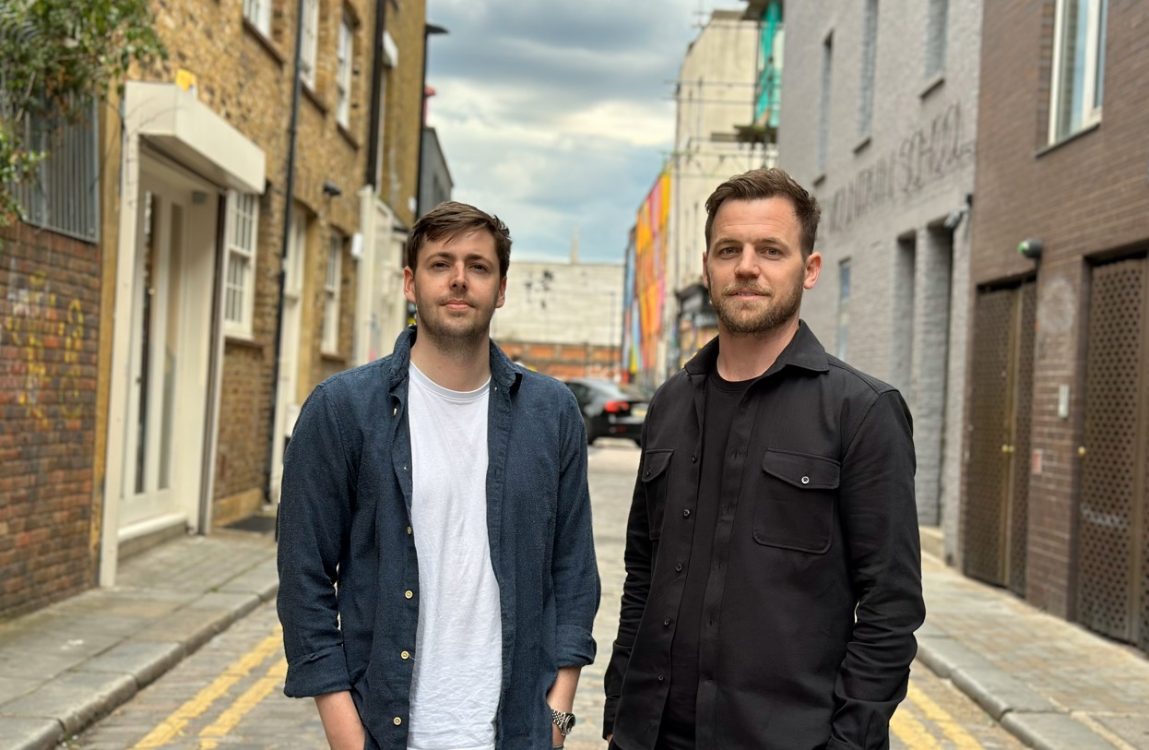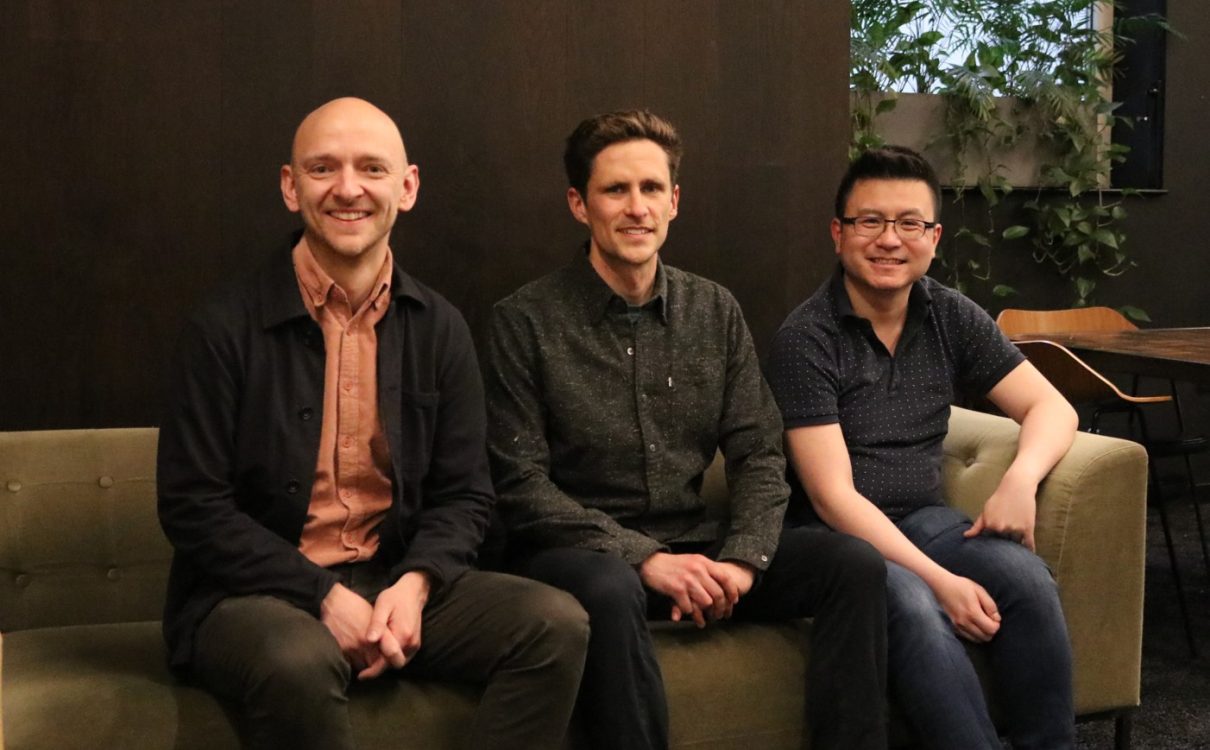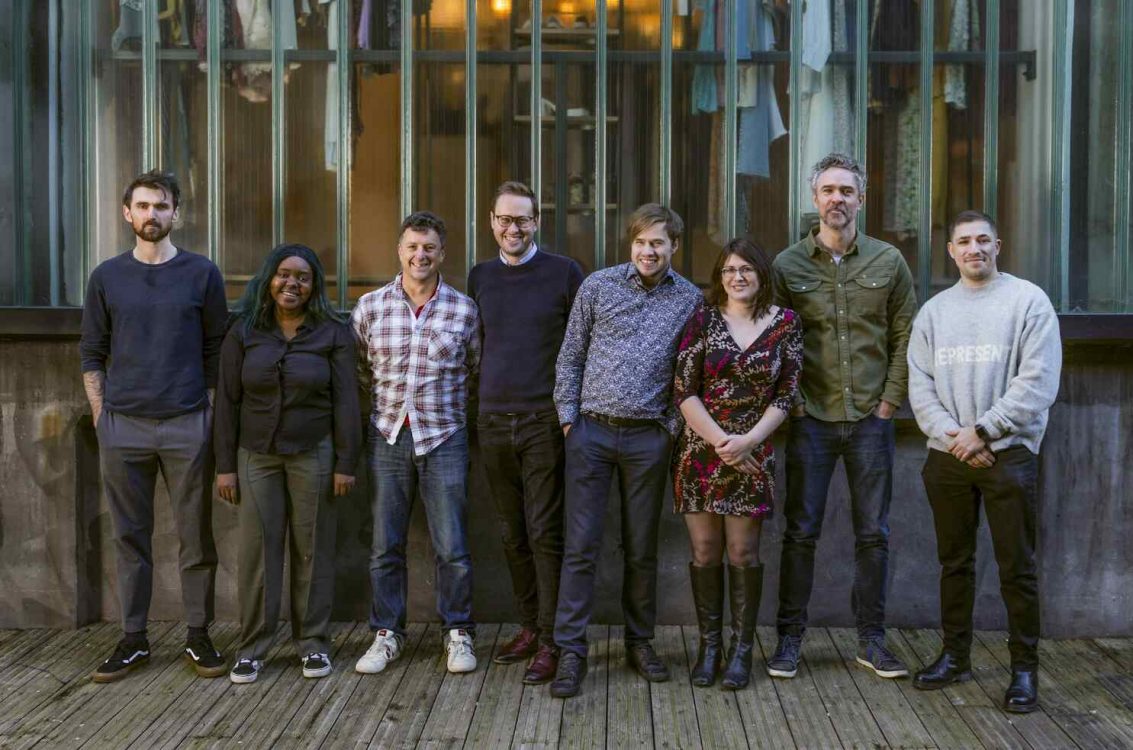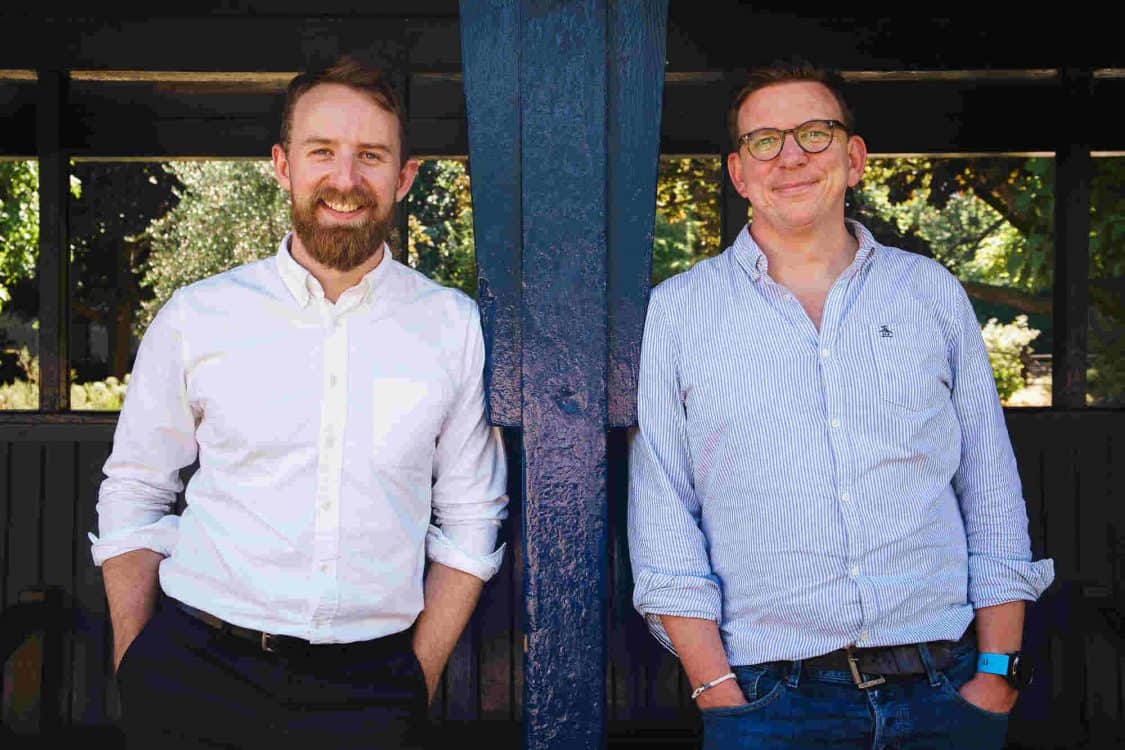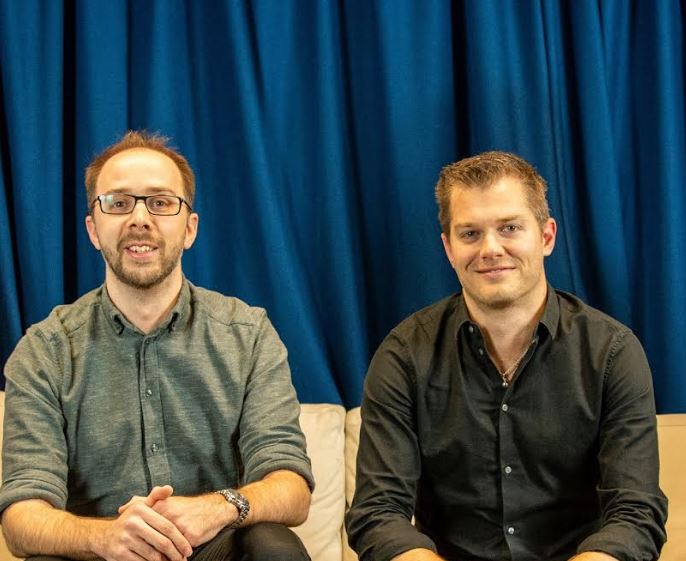Neuronostics secures £2.1 million Seed investment led by the Ascension Life Fund

The multi-award-winning University of Exeter spin-out company, Neuronostics, has raised more than £2 million funding to develop its pioneering epilepsy diagnosis technology.
The company has received £2.1M in funding through a successful round of seed funding, led by the Ascension Life Fund.
The new funding, along with backing from a syndicate of additional investors including QantX, the Cornwall and Isles of Scilly Investment Fund managed by The FSE Group and Empirical Ventures, will allow Neuronostics to accelerate its route to market in the UK and Middle East, while also begin seeking regulatory approval from the FDA for the US market.
Chris Wheatcroft, Investment Director at the Ascension Life Fund, said
“We are delighted to have invested in Neuronostics, whose software as a medical device could revolutionise how neurological conditions are diagnosed and treated.”
Neuronostics was co-founded by Professor Terry and Dr Wessel Woldman in 2018. Their research is focused on the development and application of mathematical and computational methodologies for understanding the dynamics of biomedical systems, with particular interests in the transitions between healthy and unhealthy states in the human brain.
As part of their work, the company are developing a pioneering patented biomarker of epilepsy, called BioEP. This digital biomarker reveals features from routinely collected clinical recordings that are currently hidden from clinical practice.
These features indicate how likely a person is to have epilepsy, which supports a neurologist in determining the most appropriate next steps and also enhances the diagnostic capabilities of EEGs.
Traditionally, EEGs are used in clinical settings to visually identify abnormalities indicative of epilepsy, such as interictal spikes or discharges. However, these features are absent in approximately 70% of EEGs, making the diagnosis of epilepsy challenging and typically delayed.
BioEP™ enhances EEG analysis by detecting epilepsy-associated features in routine recordings, even when traditional epileptiform rhythms are absent. This approach can speed up diagnosis meaning patients receive more effective treatment sooner and relieves downstream pressures by reducing costly further testing.
Neuronostics have now received a further £350K grant from Innovate UK through, its Investor Partnerships programme, to develop the BioEP platform.
Co-Founders of Neuronostics, Professor John Terry and Dr Wessel Woldman commented
“Alongside the scientific and clinical traction we have gained these past two years, closing this round is a clear signal that our technology and business model is commercially sound and scalable in global markets.”
“We are excited to be working with several hospitals in the UK to pilot BioEP, as well as to generate further clinical evidence of its health economic impact.”
In further good news for the company, SBRI Health have just announced a £100K contract to enable a feasibility study to be undertaken that explores the utility of BioEP for epilepsy diagnosis in paediatric cohorts.
About Neuronostics
Neuronostics is a multi-award winning medical technology start-up, spun out of the University of Exeter, with a mission to revolutionise the way neurological conditions are diagnosed, treated, and monitored. The company uses the power of mathematical modelling to develop novel digital biomarkers that create faster paths to diagnosis and effective treatment response.
In conjunction with the development of BioEP, the company has developed the Neuronostics Platform, a scalable web-based solution that allows BioEP to be rapidly delivered to neurology centres globally. The Neuronostics Platform will serve as critical infrastructure as the company develops and deploys novel digital biomarkers in other disease areas allowing Neuronostics to rapidly and effectively revolutionise the way neurological conditions are diagnosed, treated, and monitored.
Neuronostics’ vision is that digital biomarkers are used routinely in neurology centres around the world to create a more proactive and anticipatory model of care radically improving the lives of people at risk of, or living, with neurological conditions. To find out more about Neuronostics, please get in touch at [email protected].
About the Ascension Life Fund
Ascension is an early-stage VC built by exited entrepreneurs to back the next generation of tech and impact founders. Voted Seed VC of the Year in 2022 (UK Business Angels Association) and described as the most active investor in London over the past decade (Beauhurst). Since 2015, Ascension has backed 175+ tech and impact startups through their (S)EIS & Institutional Funds. Beyond capital, they devote their proven operational expertise, platform resources, and extensive network to support founders on their journey to Series A and beyond.


